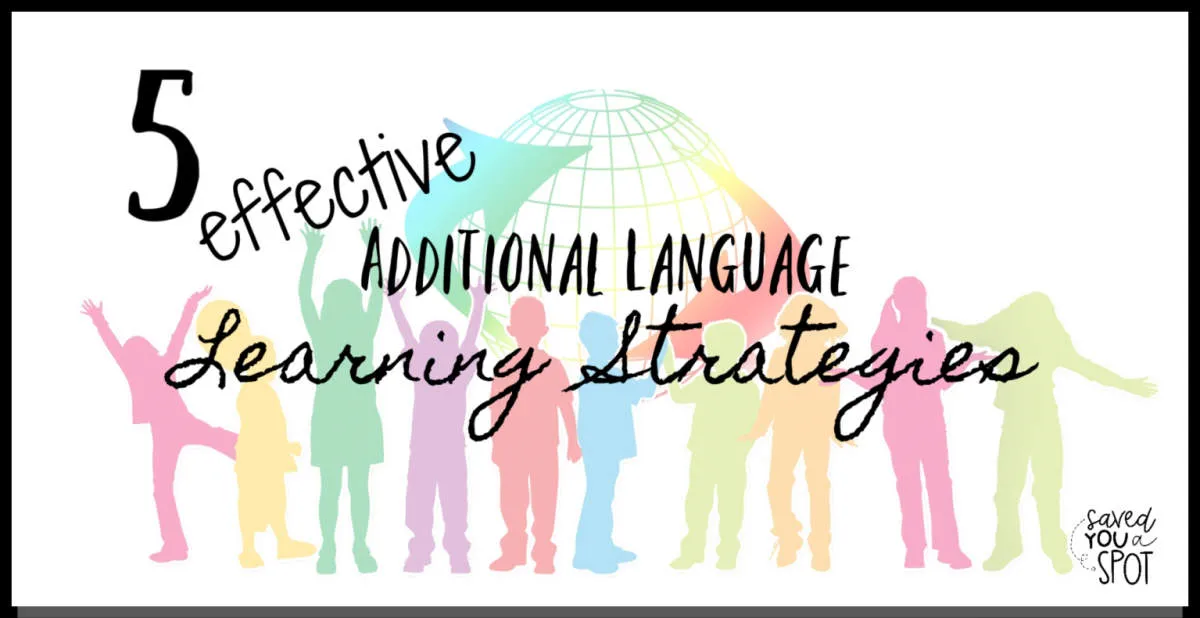Mastering English: Effective Language Learning Strategies in Canada
Mastering English: Effective Language Learning Strategies in Canada
Engaging in Conversational English
When it comes to mastering English as a second language, one of the most important aspects to focus on is conversational English. Whether you’re a student, a professional, or an expatriate living in Canada, developing strong conversational skills is crucial for effective language learning. Engaging in conversations can enhance your vocabulary, improve your pronunciation, and boost your overall proficiency in English.
1. Join Language Exchange Programs
One effective way to practice conversational English is by joining language exchange programs. These programs offer an opportunity to interact with native English speakers who are interested in learning your native language. You can engage in conversations, discuss various topics, and get valuable feedback from your language partners. Websites like Meetup and Tandem can help you find language exchange groups near you.
2. Enroll in Conversation Classes
Another beneficial step is enrolling in conversation classes. Many language schools and community centers in Canada offer specialized courses focused on improving conversational skills. These classes provide a structured environment where you can practice speaking English with fellow learners and experienced instructors. Furthermore, the interactive activities and role-plays conducted in these classes promote real-life conversational scenarios.
3. Practice with Native Speakers
Actively seeking opportunities to converse with native English speakers is essential. Whether it’s with your Canadian friends, colleagues, or neighbors, engaging in conversations with native speakers allows you to familiarize yourself with their pronunciation, idiomatic expressions, and cultural nuances. Additionally, it provides an authentic language learning experience that cannot be replicated in a classroom setting.
4. Utilize Online Language Resources
Make use of the numerous online resources available to enhance your conversational English. Websites, mobile apps, and virtual language learning platforms offer interactive exercises, video tutorials, and language exchange forums where you can communicate with English speakers worldwide. Some popular resources include Duolingo, FluentU, and HelloTalk. These resources provide the flexibility to practice English at your own pace and convenience.
5. Immerse Yourself in English-Speaking Environments
Immersion is a powerful language learning strategy. Whenever possible, immerse yourself in English-speaking environments. This could involve watching English movies and TV shows, listening to English podcasts or music, and reading English materials. The more you expose yourself to English language and conversations, the better you’ll become at understanding and participating in them.
Conclusion
Engaging in conversational English is not only a way to improve your language skills but also an opportunity to connect with people from different cultures. By joining language exchange programs, enrolling in conversation classes, practicing with native speakers, utilizing online resources, and immersing yourself in English-speaking environments, you’ll develop the confidence and proficiency needed to master the English language in Canada.
Improving Pronunciation and Accent

When it comes to mastering English as a second language, proper pronunciation and accent play a crucial role in effective language communication. Whether you’re learning English in Canada or any other country, honing your pronunciation skills can significantly enhance your overall language proficiency. To help you improve your pronunciation and accent, here are some valuable strategies to incorporate into your language learning journey:
1. Listen to Native Speakers
One of the most effective ways to improve your pronunciation and accent is by consistently exposing yourself to native English speakers. Listen to podcasts, watch movies or TV shows, and engage in conversations with native speakers whenever possible. The more you hear authentic English being spoken, the better you can become at imitating and replicating the correct pronunciation and accent.
2. Practice with Tongue Twisters
Tongue twisters are a fun and challenging way to improve your articulation and clarity while speaking English. Regularly practicing tongue twisters can aid in strengthening the muscles in your mouth and tongue, helping you pronounce words more accurately. Some popular examples include “She sells seashells by the seashore” and “Peter Piper picked a peck of pickled peppers.”
3. Record and Listen to Yourself
Self-assessment is crucial in improving your pronunciation and accent. Record yourself speaking English and listen to the playback. Pay attention to areas where you struggle or sound different from native speakers. By identifying and working on these areas, you can gradually refine your pronunciation and accent over time.
4. Seek Feedback from Native Speakers
Don’t hesitate to ask for feedback from native English speakers or language instructors. They can provide valuable insights on areas where you can improve, offer guidance on specific sounds, and suggest exercises to strengthen your pronunciation skills. Utilize their expertise to enhance your proficiency in English pronunciation.
5. Engage in Conversations and Practice Regularly
Fluent pronunciation and accent mastery require consistent practice. Engage in conversations with native speakers or fellow learners, join language exchange programs, or consider enrolling in pronunciation courses. The more you practice, the more comfortable and confident you will become in speaking English with a native-like pronunciation and accent.
Incorporating these strategies into your language learning routine will greatly contribute to improving your pronunciation and accent. Remember that it takes time and dedication to achieve significant progress, so be patient with yourself. Practice regularly, stay motivated, and enjoy the rewarding journey of mastering English as a second language.
Expanding Vocabulary through Reading and Listening
In the quest to master the English language, one of the most effective strategies is to expand your vocabulary. A wide range of words and expressions allows you to communicate more effectively and comprehend a variety of topics. One way to achieve this is through reading and listening – two important language skills that go hand in hand.
Reading extensively is a powerful method to enhance your vocabulary. By immersing yourself in a diverse selection of written materials, such as books, newspapers, and online articles, you expose yourself to new words, idioms, and phrases. Make a habit of reading regularly and challenge yourself with materials that are slightly above your current language level. This will help you encounter unfamiliar vocabulary and gradually expand your linguistic repertoire.
Additionally, actively listening to English audio materials, such as podcasts, interviews, or radio shows, can significantly contribute to vocabulary development. By paying attention to how words and expressions are used in natural conversations and speeches, you can gain a deeper understanding of their meanings and contexts. Moreover, exposure to different accents and intonations allows you to become more familiar with the practical usage of vocabulary in various real-life situations.
It is important to complement your reading and listening activities by actively engaging with the language. Whenever you come across new words, make an effort to understand their definitions and usage in context. Use dictionaries or online resources to look up unfamiliar terms, and take note of them for future reference. Additionally, try to incorporate these new words into your own speaking and writing exercises to reinforce your learning and make them a part of your active vocabulary.
To make the most out of your reading and listening sessions, set specific goals and track your progress. Create a list of target words or phrases to focus on during your activities, and regularly review and revise them. Consider using flashcards, vocabulary building apps, or other mnemonic techniques to reinforce your memory retention. By making vocabulary expansion a deliberate and consistent practice, you can maximize your language learning journey.
Conclusion
To master English effectively in Canada, it is crucial to adopt the right language learning strategies. Immersing oneself in English-speaking environments, practicing regularly with native speakers, and using various language learning resources such as books, online courses, and language exchange platforms prove to be effective strategies to enhance language skills. With dedication and consistent effort, individuals can achieve proficiency in English and open up opportunities for personal and professional growth.

Posting Komentar untuk "Mastering English: Effective Language Learning Strategies in Canada"
Gambar ataupun video yang ada di situs ini terkadang berasal dari berbagai sumber media lain. Hak Cipta sepenuhnya dipegang oleh sumber tersebut.